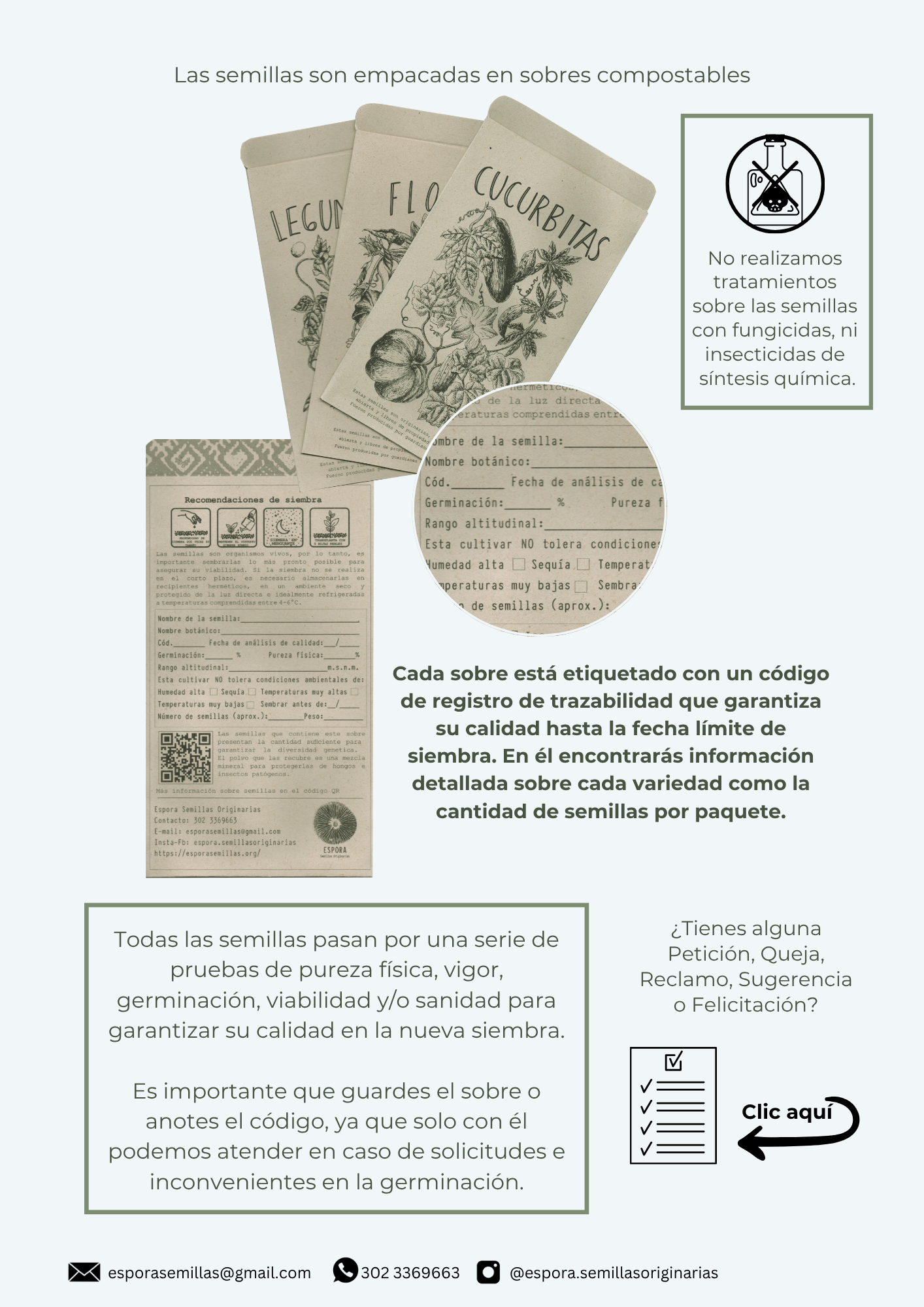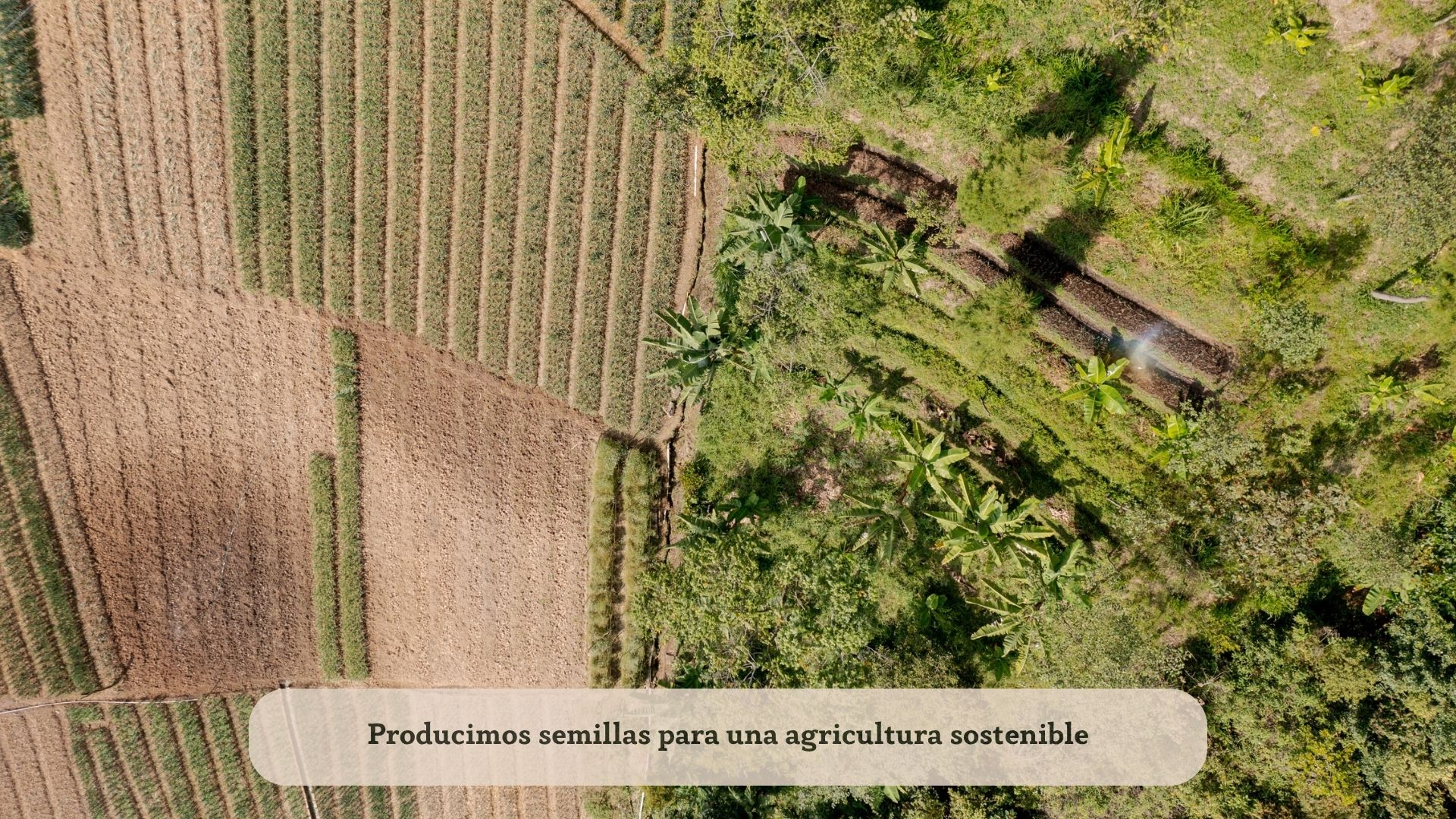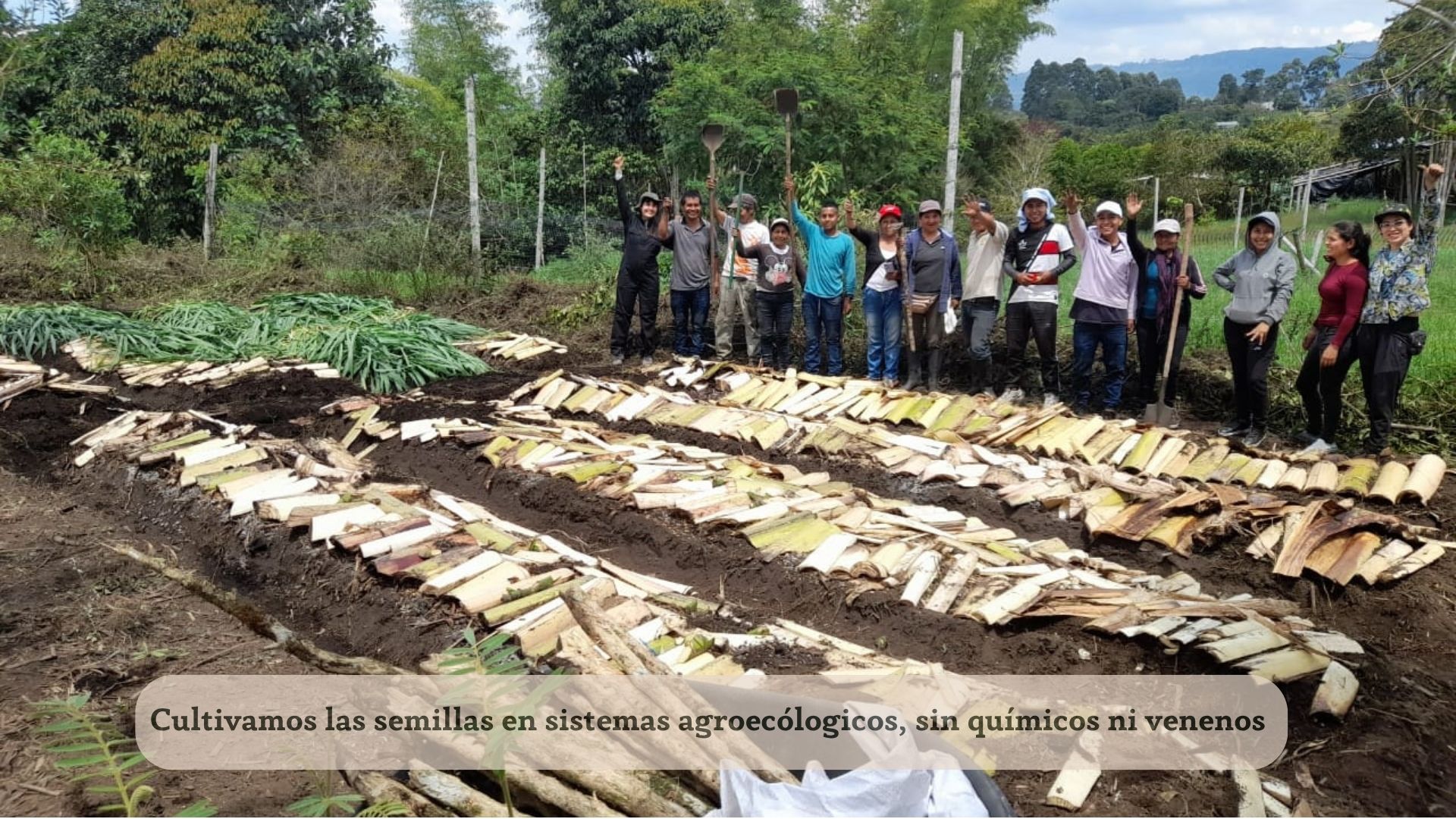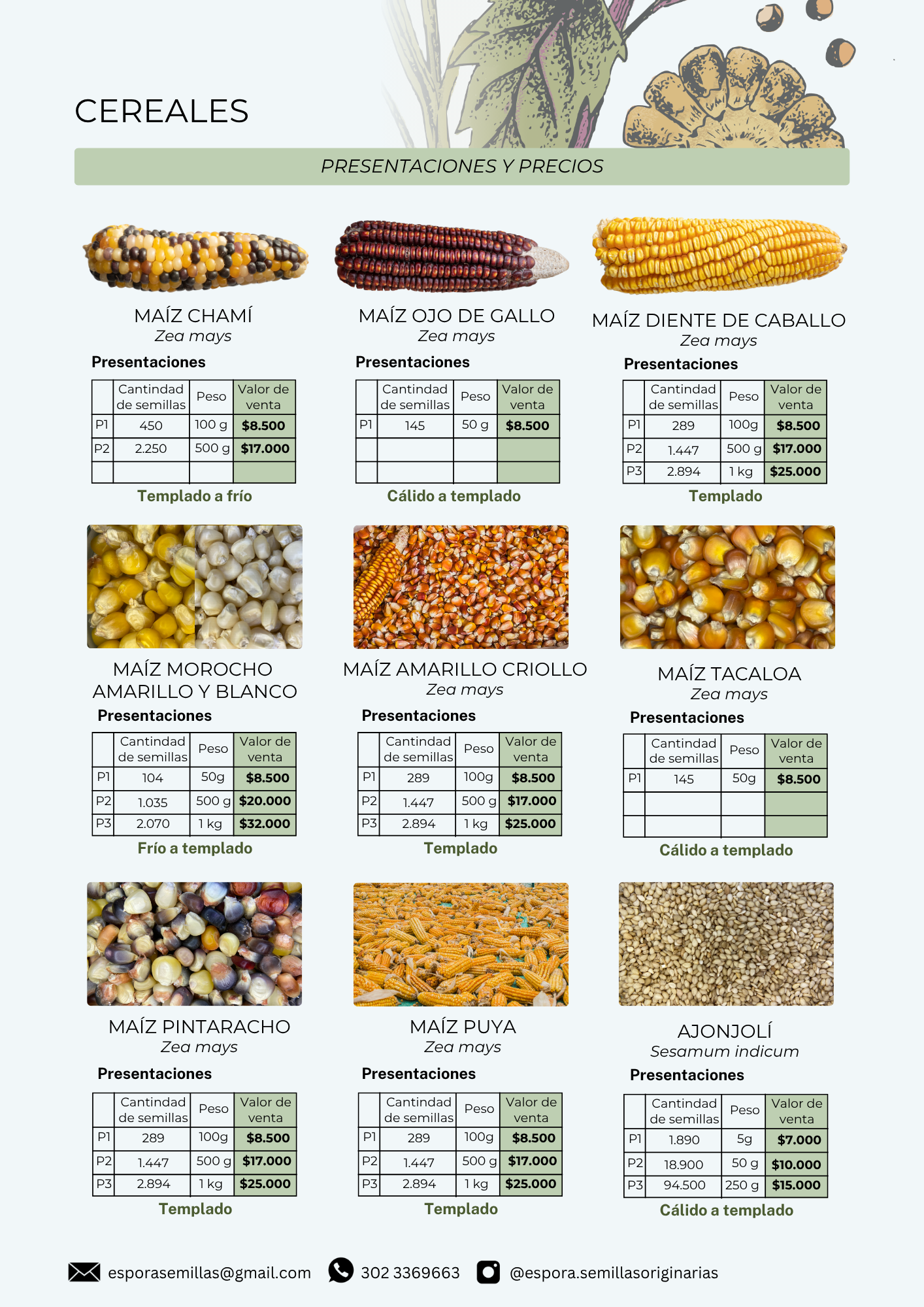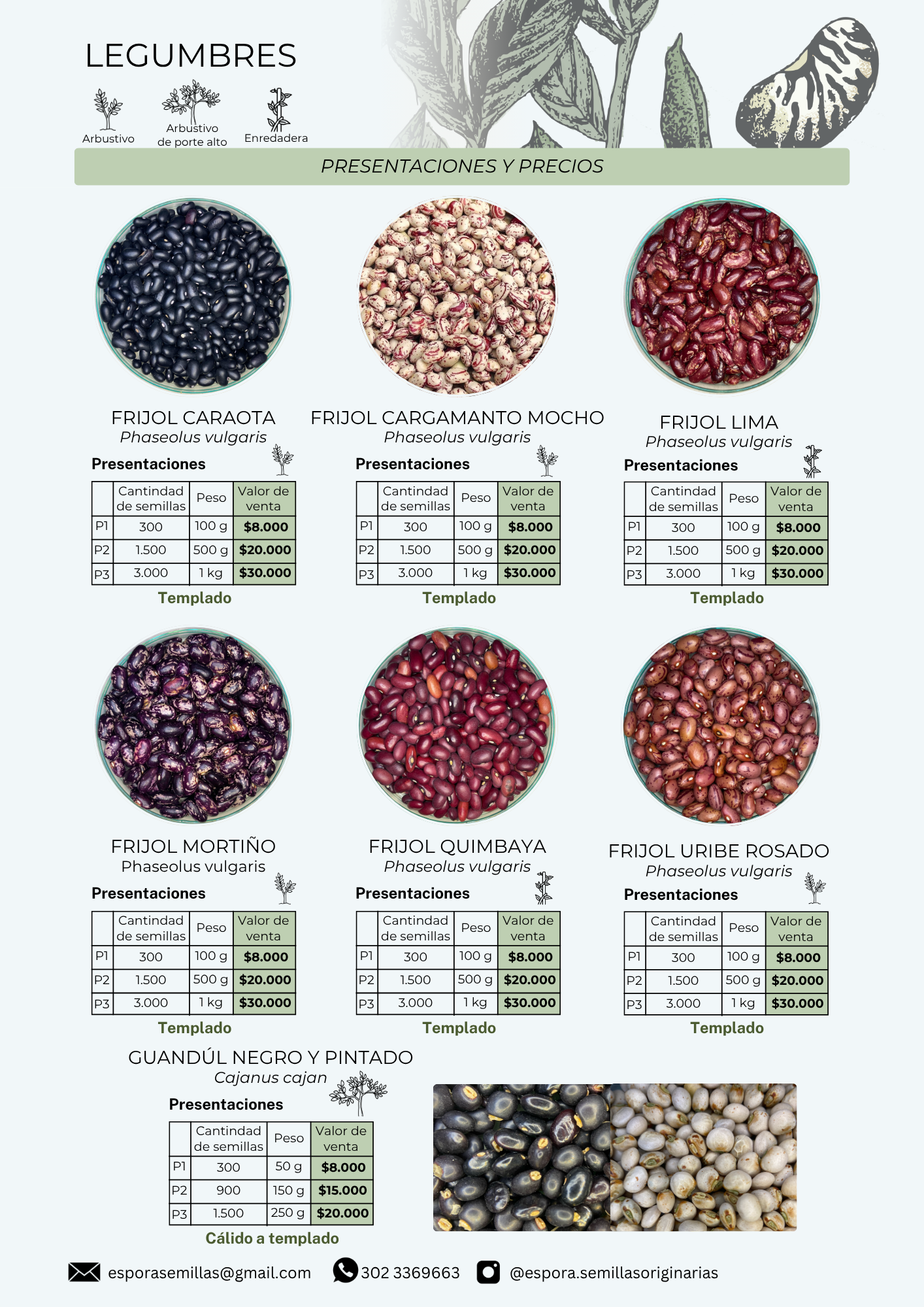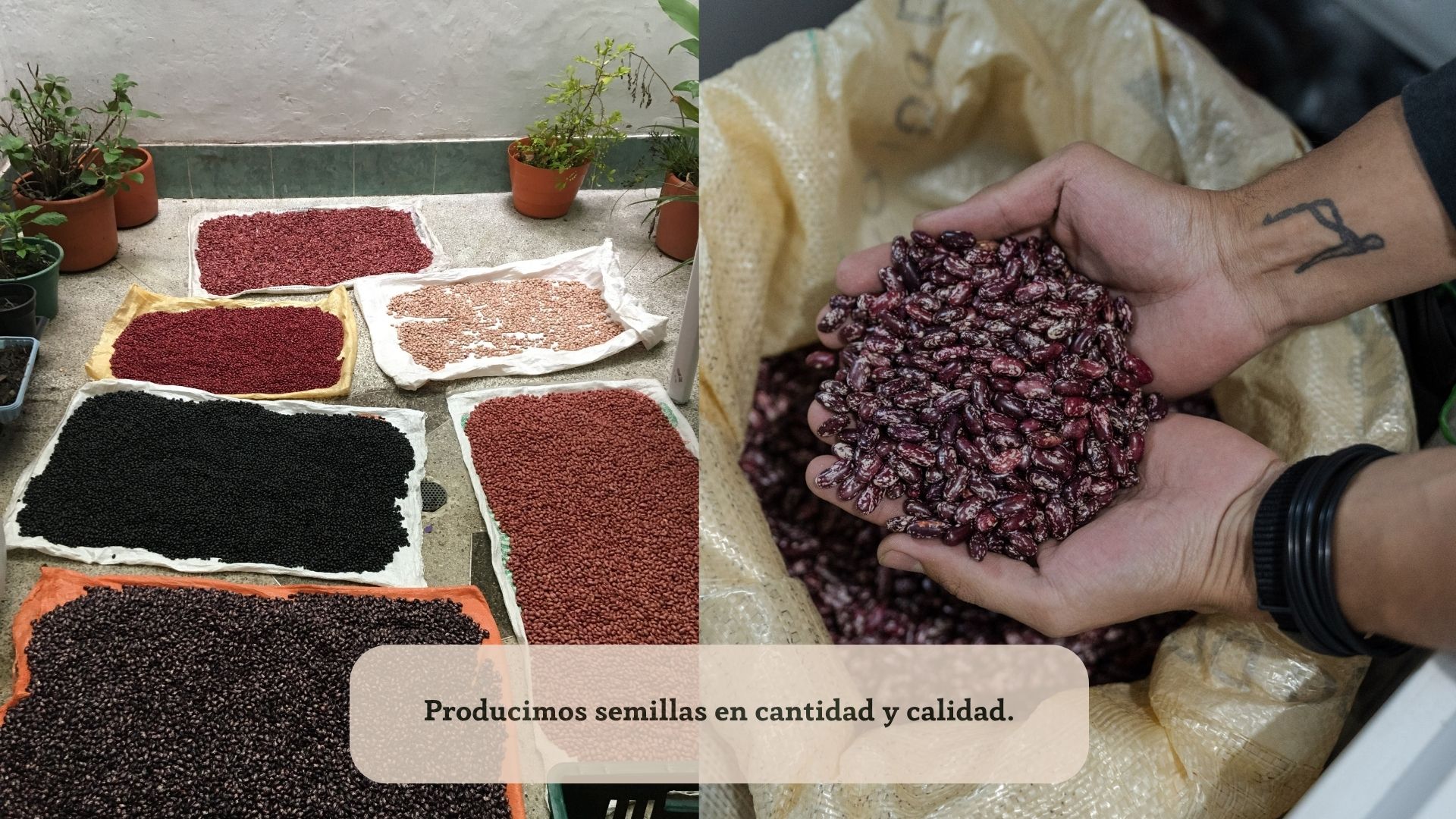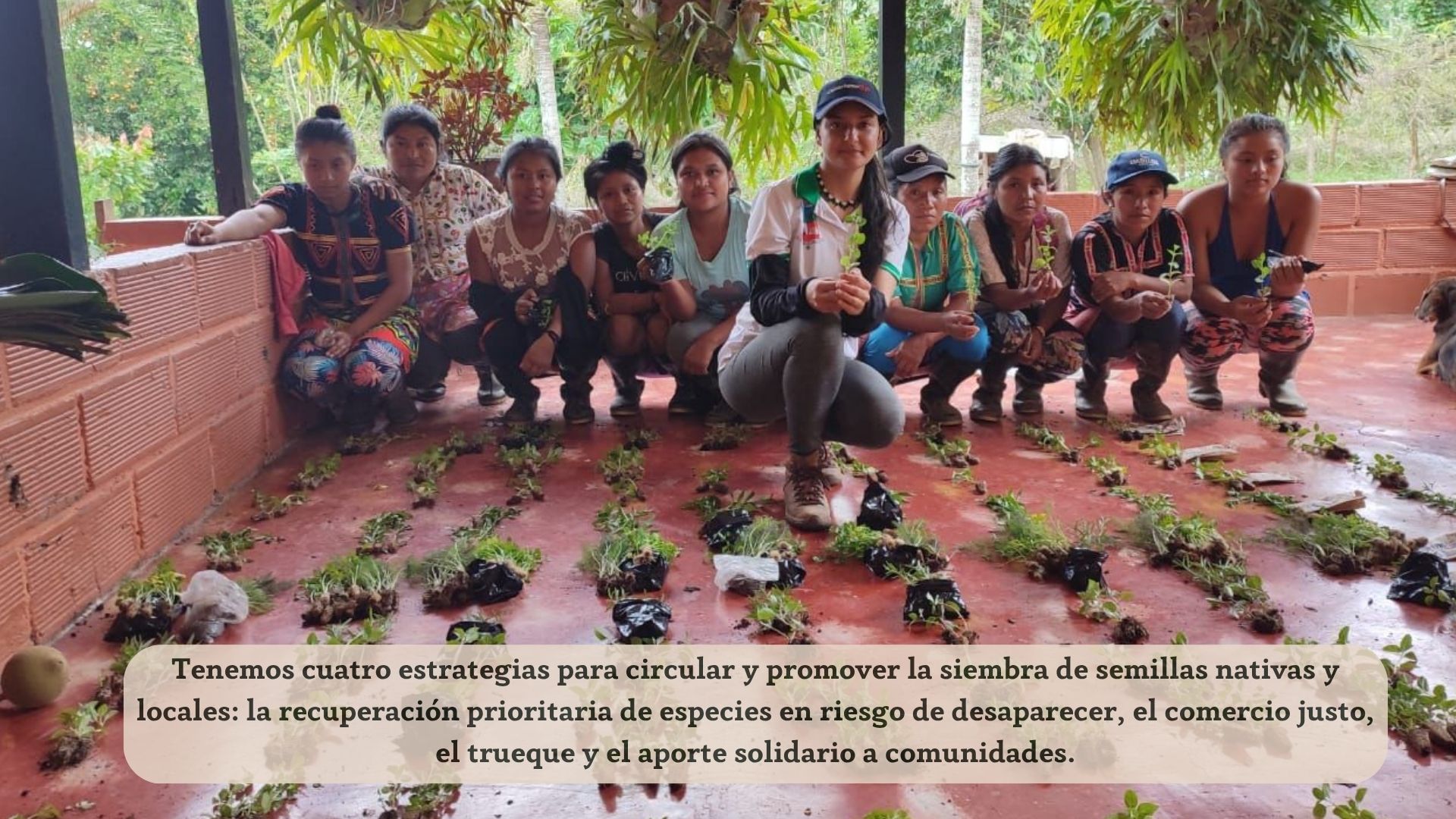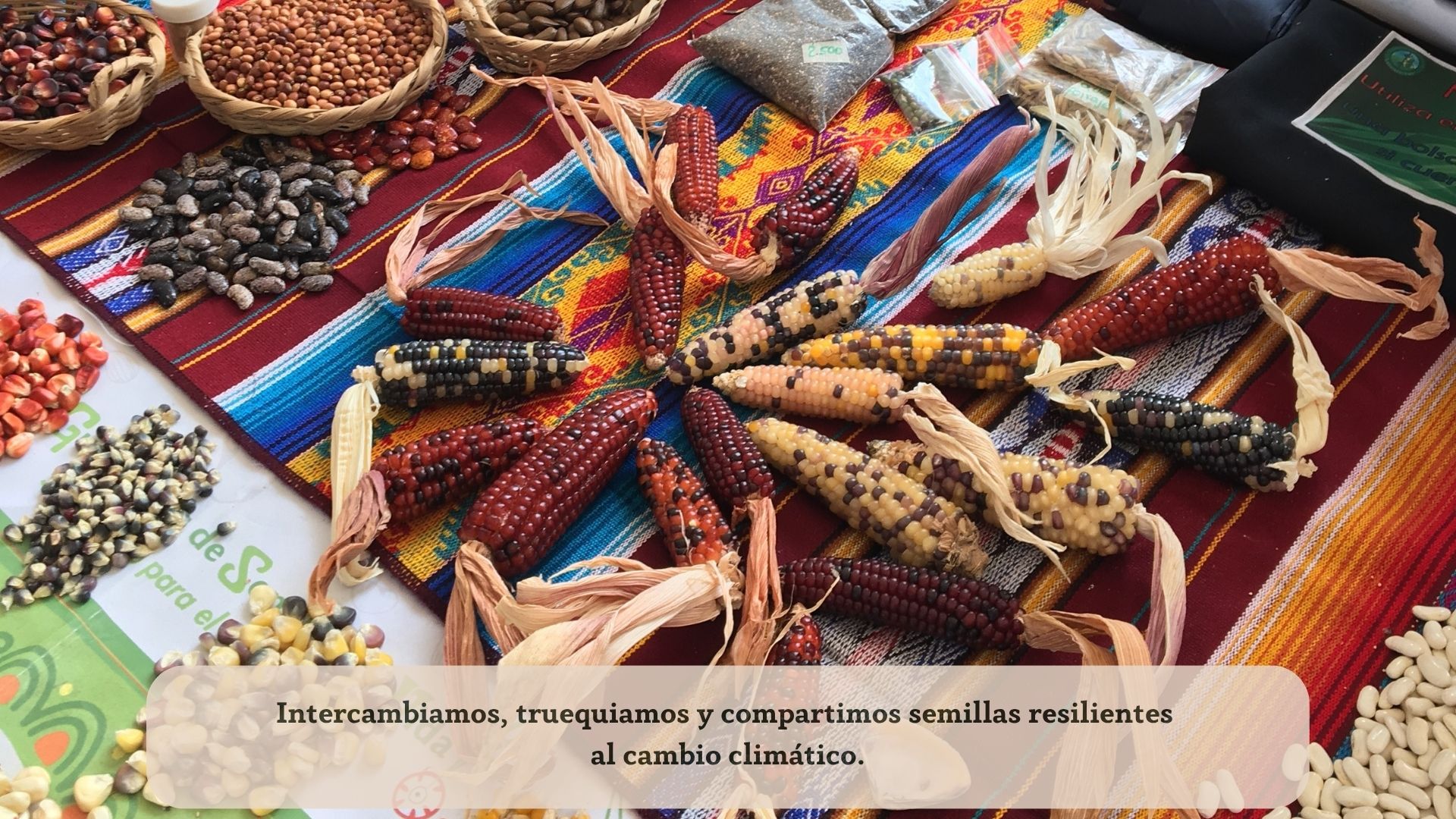Summary
- Profile Type
- Business Offer
- POD Reference
- BOCO20250709010
- Term of Validity
- 9 July 2025 - 9 July 2026
- Company's Country
- Colombia
- Type of partnership
- Investment agreement
- Targeted Countries
- Denmark
- Netherlands
- Germany
- Greece
- Sweden
Contact the EEN partner nearest to you for more information.
Find my local partner
General information
- Short Summary
- A Colombian initiative promotes agrobiodiversity and food sovereignty through a community-led seed center involving rural, Indigenous, and Afro-descendant farmers. It is seeking partners to support seed quality systems and facilitate agroecological knowledge exchange to strengthen sustainable food systems.
- Full Description
-
A Colombian non-profit organization operates a community seed center dedicated to the conservation, exchange, and sustainable use of native and locally adapted seeds. Founded in 2019 and formalized in 2022, the initiative works to protect both biological and cultural diversity through a combination of traditional knowledge and contemporary agroecological practices.
Guided by principles that emphasize community well-being, care for life, and social equity, the organization places a particular focus on empowering women and rural communities. Its activities include seed conservation, participatory education, regenerative agriculture, and the revitalization of culinary traditions linked to agrobiodiversity.
The organization coordinates a decentralized network of around 45 seed guardians across Colombia, with a strong presence in the department of Antioquia. These individuals cultivate, preserve, and share seeds within diversified agroecosystems rooted in agroecology and syntropic agroforestry. The network is supported by a community seed center located in an urban neighborhood of Medellín, which functions as a hub for seed storage, exchange, and community learning.
A central innovation is the implementation of a Participatory Guarantee System (PGS), a community-based mechanism for ensuring the origin, ecological integrity, and cultural relevance of seeds. This system promotes transparency and trust among farmers, while supporting the autonomy and resilience of local food systems.
The organization is currently seeking international cooperation with partners interested in supporting agroecological transitions, biodiversity conservation, and food sovereignty. Areas for collaboration include:
- Financial support to strengthen the infrastructure and operations of the seed center;
- Technical partnerships to improve and expand the participatory seed quality assurance model;
- Joint initiatives in research, education, or innovation related to seed conservation and regenerative farming;
- Long-term alliances with institutions that value ecological sustainability and cultural heritage within traditional agricultural systems.
By combining ancestral practices with collaborative, place-based innovation, this Colombian initiative contributes to rural resilience, ecological restoration, and the protection of agrobiodiversity. It offers potential partners a grounded, community-driven approach to building more just and sustainable food systems. - Advantages and Innovations
-
This organization has developed a decentralized, community-led model for seed conservation and exchange that combines ancestral agricultural knowledge with participatory methodologies. Focused on food autonomy, ecological restoration, and social equity, the model is grounded in collective governance and cultural resilience.
A key innovation is the implementation of five distinct seed circulation strategies within its community seed center: fair trade, reproduction prioritization for endangered varieties, solidarity-based contributions, barter exchange, and seed lending. These approaches enable flexible, locally governed access to seeds while preserving traceability and ensuring community control over biodiversity resources.
In 2025, the organization registered, tested, and distributed 82 seed lots—equivalent to 287,381 grams—covering vegetables, medicinal plants, cereals, legumes, and flowers. All seeds were produced by smallholder farmers using agroecological methods, supporting both biodiversity conservation and sustainable rural livelihoods.
The organization also applies a tailored Participatory Guarantee System (PGS) for seed quality assurance, designed specifically for decentralized networks of peasant, Indigenous, and Afro-descendant farmers. This social innovation strengthens local trust, ensures seed integrity, and provides an inclusive alternative to conventional top-down certification systems that often marginalize traditional producers.
In addition to its core activities, the organization regularly participates in regional and national seed exchange events, contributing to the conservation and visibility of agrobiodiversity, particularly in Antioquia. In 2025, it distributed 30 specialized seed kits to support the reproduction of at-risk species. - Stage of Development
- Already on the market
- Sustainable Development Goals
- Goal 13: Climate Action
- Goal 3: Good Health and Well-being
- Goal 15: Life on Land
- Goal 11: Sustainable Cities and Communities
- Goal 12: Responsible Consumption and Production
- Goal 1: No Poverty
- Goal 17: Partnerships to achieve the Goal
- Goal 5: Gender Equality
- Goal 10: Reduced Inequality
- Goal 2: Zero Hunger
- Goal 8: Decent Work and Economic Growth
- Goal 16: Peace and Justice Strong Institutions
- IPR status
- Secret know-how
Partner Sought
- Expected Role of a Partner
-
The organization seeks to establish partnerships with academic institutions, research centers, non-profit organizations, cooperatives, and financial supporters committed to agroecology, seed conservation, and food sovereignty. These collaborations aim to strengthen grassroots initiatives led by rural, Indigenous, and Afro-descendant communities, with a focus on ecological sustainability, knowledge co-creation, and territorial resilience.
The organization welcomes technical and institutional partners interested in:
Designing and implementing joint projects related to the conservation of agrobiodiversity.
Exchanging methodologies and innovations in sustainable agricultural systems.
Supporting community-based educational initiatives, such as farmer-to-farmer training, participatory learning, and intergenerational knowledge exchange.
Providing technical assistance for improving local seed systems, agroecological practices, and sustainable land management.
In parallel, the organization is seeking financial partners—such as philanthropic foundations, cooperation agencies, or public institutions—to support the ongoing operation and development of a community seed center. This center functions as a hub for seed storage, traditional knowledge exchange, and capacity-building for local communities. Financial support would help sustain infrastructure, equipment, training programs, and community-led conservation efforts.
Potential financial contributions may include project grants, multi-year funding commitments, or co-financing schemes aligned with shared goals. The organization values partners who are committed to long-term impact, grassroots leadership, and the regeneration of local food systems.
All collaborations are envisioned as part of a broader effort to defend agrobiodiversity, promote food justice, and strengthen the autonomy of communities through inclusive and respectful partnerships rooted in mutual learning and ecological stewardship. - Type and Size of Partner
- SME <=10
- SME 11-49
- R&D Institution
- University
- SME 50 - 249
- Type of partnership
- Investment agreement
Dissemination
- Technology keywords
- 07001004 - Crop Production
- 10002013 - Clean Production / Green Technologies
- 07001005 - Horticulture
- 10002005 - Biodiversity / Natural Heritage
- 10002004 - Climate Change mitigation
- Market keywords
- 09005 - Agriculture, Forestry, Fishing, Animal Husbandry & Related Products
- 05009004 - Plant health
- 09002005 - Investment groups
- Sector Groups Involved
- Health
- Renewable Energy
- Tourism
- Proximity & Social Economy
- Agri-Food
- Targeted countries
- Denmark
- Netherlands
- Germany
- Greece
- Sweden
